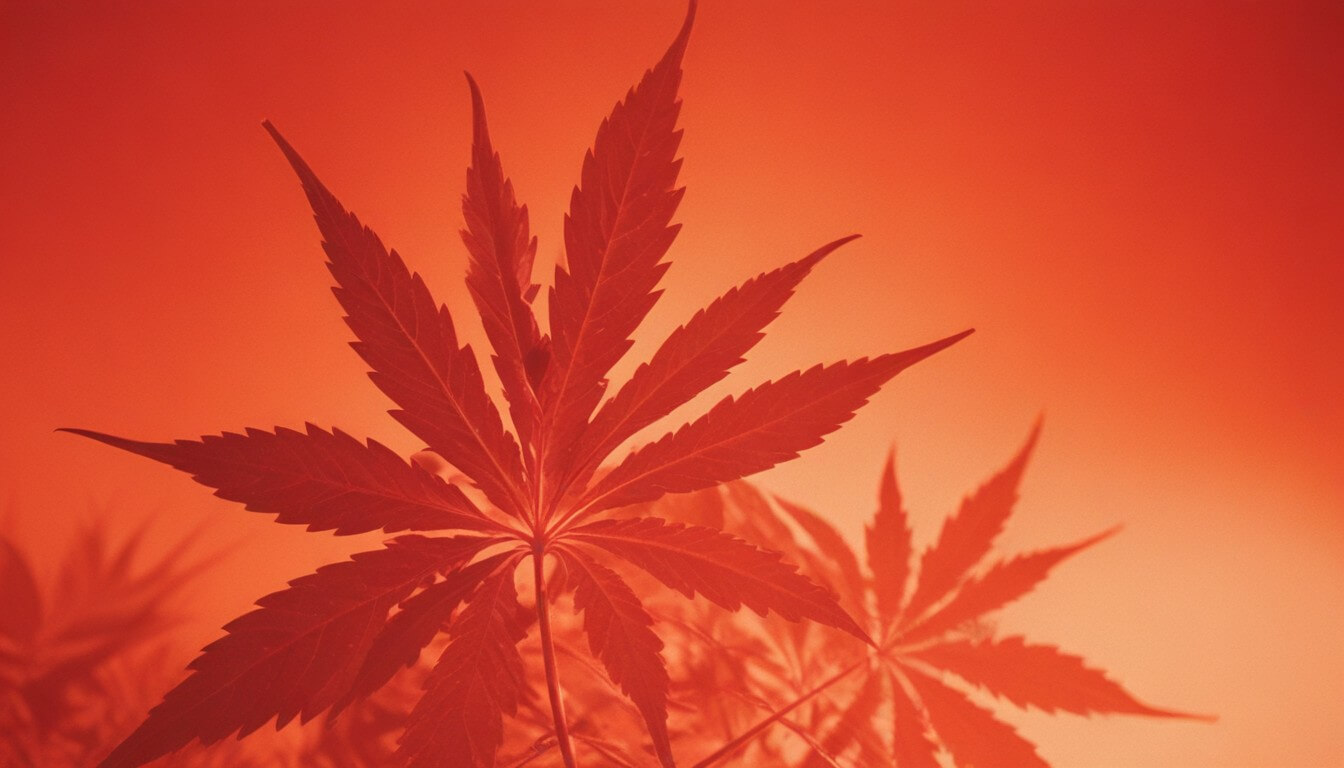As nations navigate the complex landscape of cannabis derivatives, France has taken a definitive stance, imposing a ban on lesser-known cannabinoids: H4CBD, H2CBD, HHCPO, THCP, and THCA. This recent decision marks a significant shift in the country’s regulatory framework governing such substances.
Amidst evolving global perspectives on cannabis and its derivatives, France’s move to outlaw these specific compounds highlights the ongoing challenges and debates surrounding the safety, usage, and legal status of cannabinoid products.
This ban not only reflects France’s cautious approach to new cannabis derivatives but also sets a precedent that could influence regulatory trends across Europe and beyond.
What are these cannabinoids?
H4CBD (tetrahydrocannabidiol) and H2CBD (dihydrocannabidiol) are cannabinoids chemically related to cannabidiol (CBD), one of the most prevalent compounds found in the cannabis plant. HHCPO, THCP, and THCA are cannabinoids derived from the cannabis plant, where HHCPO is a hydrogenated derivative of THC, THCP is a potent analog of THC with a longer alkyl side chain, and THCA is the non-psychoactive acidic precursor to THC.
While CBD has gained widespread recognition and acceptance for its potential therapeutic benefits, H4CBD and H2CBD are modified versions with slight alterations in their chemical structure. These modifications can influence how they interact with the body’s endocannabinoid system, potentially offering different effects and benefits.
H4CBD and H2CBD have been explored for similar uses as CBD, including potential therapeutic applications like pain relief, anxiety reduction, and anti-inflammatory properties. However, research into these specific cannabinoids is still in its early stages compared to more well-studied compounds like CBD and THC.
Their efficacy and safety profiles are not yet well-established, contributing to the cautious approach that regulatory bodies take when considering their legal status and permissible uses in consumer products.
Reasons Behind the Ban in France
France’s decision to ban these cannabinoids is deeply rooted in specific health concerns raised by French health authorities. These concerns primarily revolve around the insufficient data on the long-term health effects of these cannabinoids, coupled with preliminary findings that suggest potential risks associated with their use.
French health officials, including spokespeople from the Ministry of Solidarity and Health, have emphasized that the safety profiles of these cannabinoids are not yet adequately established, which poses a significant public health risk.
Statements from French health agencies have highlighted that, unlike CBD, which has been the subject of extensive research and commercial use, the banned compounds have not been thoroughly studied. This lack of comprehensive data has led to uncertainties regarding their pharmacological effects, metabolism, and overall safety.
The French government has adopted a precautionary principle, choosing to prohibit these substances until more conclusive scientific evidence can be provided that establishes their safety for public consumption.
Moreover, some experts in pharmacology and toxicology have voiced concerns about the potential for these cannabinoids to produce unintended psychoactive effects or interact adversely with other medications, further complicating their integration into the market without rigorous regulatory oversight.
Impact on the cannabis industry
The ban on these cannabinoids in France has significant implications for manufacturers and distributors of these cannabinoids within the country. For businesses that had been gearing up to capitalize on the growing interest in novel cannabinoids, the ban represents a considerable setback. These companies now face the challenge of redirecting their investments and strategies towards other products that comply with French regulations. This shift may involve substantial financial losses, especially for those that have heavily invested in the production, marketing, and distribution infrastructure specific to the banned cannabinoids.
Additionally, the ban affects not only current business operations but also influences future industry trends in France. It sends a clear message to the cannabis industry about the stringent regulatory environment in France and potentially sets a precedent for how other novel cannabinoids might be treated moving forward.
Implications of the Ban
The ban carries broader legal implications for the market and other cannabinoid products, setting a precedent that may influence regulatory approaches in the future. This decision could pave the way for stricter scrutiny and regulation of new cannabinoids as they emerge, potentially impacting the development and approval processes for similar substances. Legal experts suggest that this could lead to a more conservative approach in the cannabinoid market, with companies possibly facing longer and more rigorous approval processes before launching new products.
Social reactions to the ban have been mixed. Some public health advocates applaud the decision, viewing it as a necessary measure to safeguard public health until more is known about these substances. However, others within the cannabis community and some consumer rights groups have expressed concerns, arguing that the ban may stifle scientific research and innovation in the sector. Experts in drug policy and medicinal cannabis research have also voiced opinions that overly restrictive regulations could push consumers towards unregulated markets, potentially increasing the risks associated with untested and uncontrolled substances.
Final Thoughts on France’s Ban
France’s recent ban underscores the nation’s cautious approach to the evolving cannabis market, prioritizing public health in the face of uncertain scientific data. This decision reflects broader legal implications for the cannabis industry, potentially influencing regulatory frameworks and market dynamics for other cannabinoid products.
Socially, the ban has elicited mixed reactions, highlighting the ongoing debate between safety concerns and the desire for innovation and accessibility in cannabis-derived products. Economically, the ban poses challenges for local and national markets, affecting businesses and potentially stifling future investments in the sector.
Looking ahead, the future of cannabis regulation in France may continue to evolve as more research becomes available and public opinion shifts. It’s possible that with increased scientific understanding and consumer advocacy, legislation might adapt, either tightening further or relaxing restrictions on new cannabinoids, shaping the French market in profound ways.





